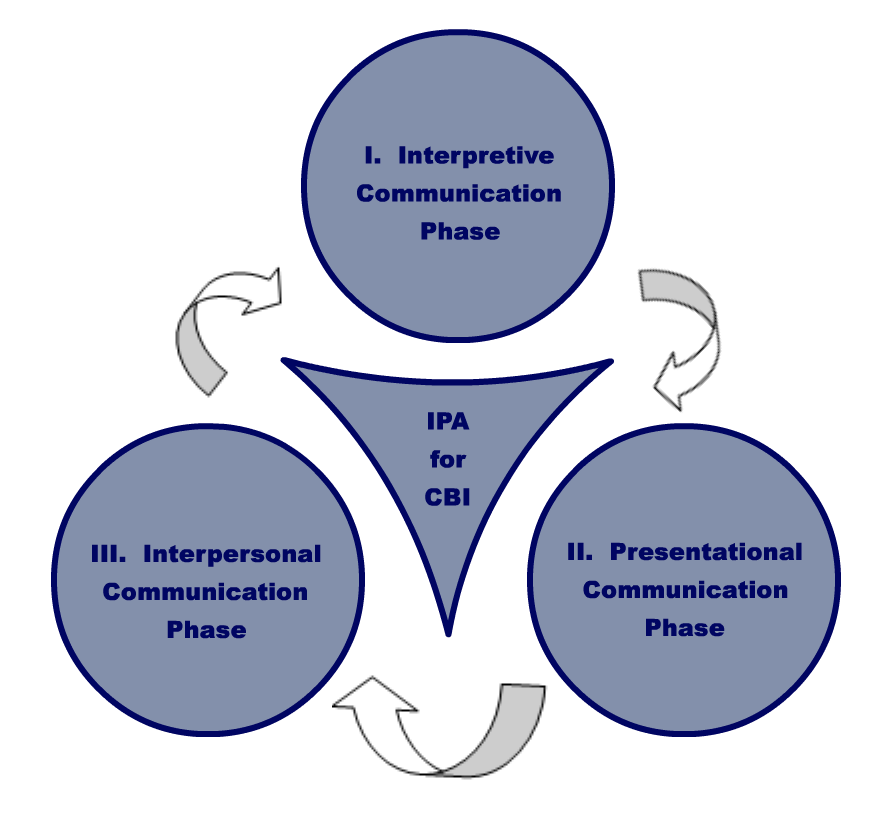 |
|
||||

|
Example 2: Student Responsibility & Societal Values by Jae Cody
Context: This IPA is designed for the German College in the Schools class at South High School in Minneapolis. The students range from 16-18 in age, and the class has 17 students who are in the fourth and fifth years of German classes. The students are fairly motivated, and most of them have been to Germany as a part of a short-term trip through South High. They are critical thinkers and creative students, though they have trouble staying on task. As the German program is not particularly large, these students have all been in a German class together for several years, and they are used to working together on projects. South High is a public school in Minneapolis with a diverse student population of 2000 students, 40% of whom qualify for free or reduced lunch. There are four different tracks within the school, but all members of this class are in the Open or Liberal Arts tracks. Both of these programs are magnet options for which students must apply. Liberal Arts and Open students take AP classes, College in the Schools courses, and participate in the Post-Secondary Option program. The unit that leads up to this IPA will deal with responsibility, rules, and values. We will discuss why we have rules and how rules may differ in different contexts. We will also look at some differences between school rules and laws in America and Germany. The grammar for this unit will focus on dependent clauses and modal verbs. Students will review vocabulary for comparing and contrasting and different ways of stating opinions. Estimated Proficiency Level:
(ACTFL Proficiency Guidelines at http://www.actfl.org on 3/15/05)
Overview of the Task:A German immersion school will be opening this fall in St. Paul. The teachers at this new school have asked for your help in teaching the first graders about being responsible students. They want to teach these lessons in a creative way, and they think that you could be excellent role models for these young students. In order to prepare for this important job, you will first view a short clip from an East German children’s program that deals with one aspect of student responsibility. You and a partner will then create your own skit that demonstrates one part of being a responsible student. These skits will be performed for the students at the immersion school. Finally, you will take on the role of either a teacher enforcing a rule or a student who has just broken that rule. Both parties will negotiate to come up with a reasonable punishment, given the situation. I have chosen to arrange my tasks in the following order: interpretive, presentational, interpersonal. I thought that it would be useful to give the students more time to practice some language during the presentational task before they move on to the interpersonal. Also, I thought that I could use the aspects of responsibility that the students pick for their presentational skits as the basis for the interpersonal situations. Each pair of students would be assigned a situation based on another group’s skit. That way, the students would be held accountable for multiple rules and could continue to use what they learn in the presentational task (from both the skit they create and the ones they watch) in the interpersonal task. An approximate timeline for the IPA: This IPA will take approximately two and a half weeks of class time.
Bibliography ACTFL Integrated Performance Assessment Manual (2003). Alexandria, VA: American Council on the Teaching of Foreign Languages. ACTFL Proficiency Guidelines. Downloaded from http://www.actfl.org on 3/15/05. Hall, J.K. (1999). The communication standards. In J.K. Phillips & R.T. Terry (Eds.) Foreign Language standards: Linking research, theories, and practices. Lincolnwood, IL: National Textbook Company, pp. 15-56. Underhill, N. (1987). Chapter 3: Elicitation techniques. In Testing spoken language: A handbook of oral testing techniques. NY: Cambridge University Press, pp. 44-87.
Navigation: Follow the IPA process or go directly to the section that is of most interest to you by clicking on the appropriate category
|
||||
